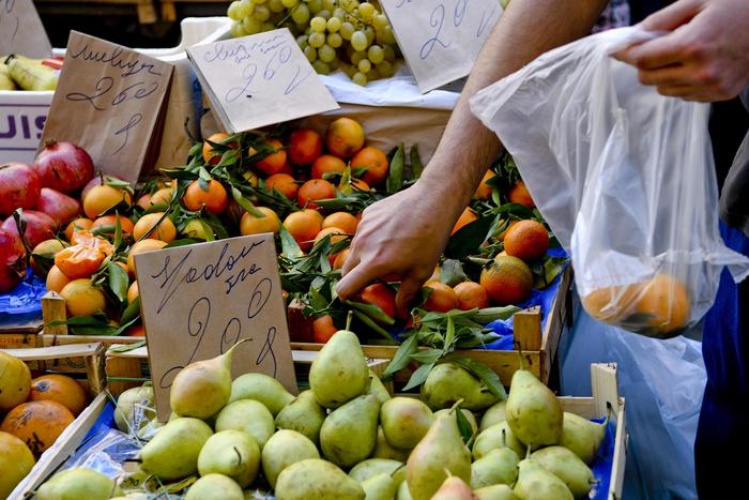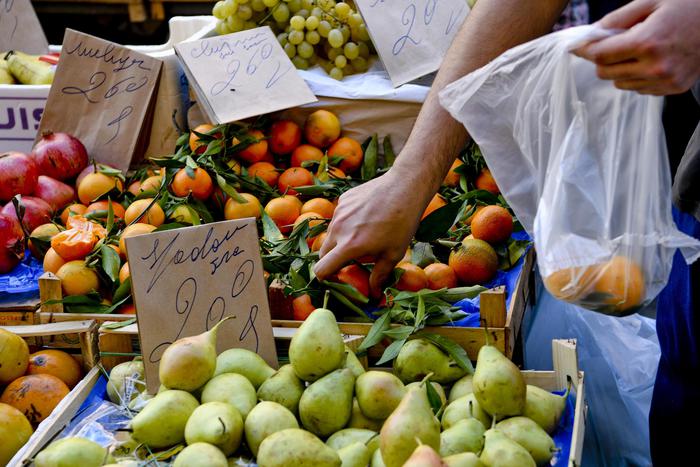ISTAT is the primary source of official statistics in Italy and conducts a variety of activities, including the census of population, economic censuses, and numerous social, economic, and environmental surveys and analyses.
The national statistics agency said that 15.9 per cent of women regularly buy organic items and foods, compared to 11.4 per cent of men.
It said 70.2 per cent of women were aware of the need not to waste water and 72.5 per cent were conscious about not wasting energy, compared to 64.9 per cent and 67 per cent respectively for men.
ISTAT added, however, that Italian men and women were equally worried about the environment.
Indeed, climate change is the top environmental concern for Italians aged 14 and over, with 56.7 per cent saying it was a big worry for them, ISTAT said on Monday.
The national statistics agency said air pollution came next, with 50.2 per cent expressed concern about it.
This was followed by concern about the production and management of trash (40 per cent) and water pollution (38.1 per cent).
It said one in 10 were worried about electromagnetic pollution, the effect of noise pollution on heath and the landscapes being ruined.
It also said the proportion of people worried about climate change was up from 36 per cent in 1998.
In another interesting statistic, Italy has 1.6 million young people who are not active on the labour market, the highest level in the European Union, according to a report presented on Friday at the annual convention of the young entrepreneurs section of artisan-sector association Confartigianato.
The report features a ranking of Italy’s regions on the basis of how “youth-friendly” they are in terms of opportunities to work and start businesses.
Lombardy, the region Italy’s business capital Milan belongs to, came top, while Molise, Sardinia, Calabria, Sicily and Basilicata were at the bottom.
ANSA











